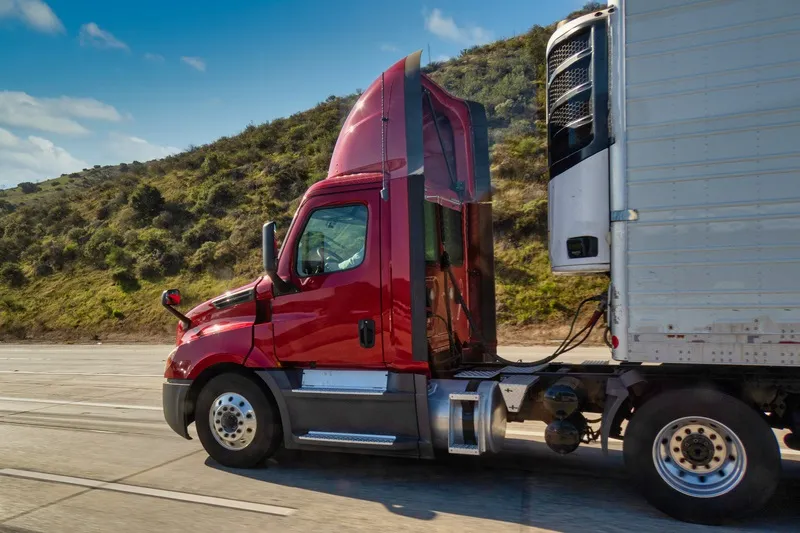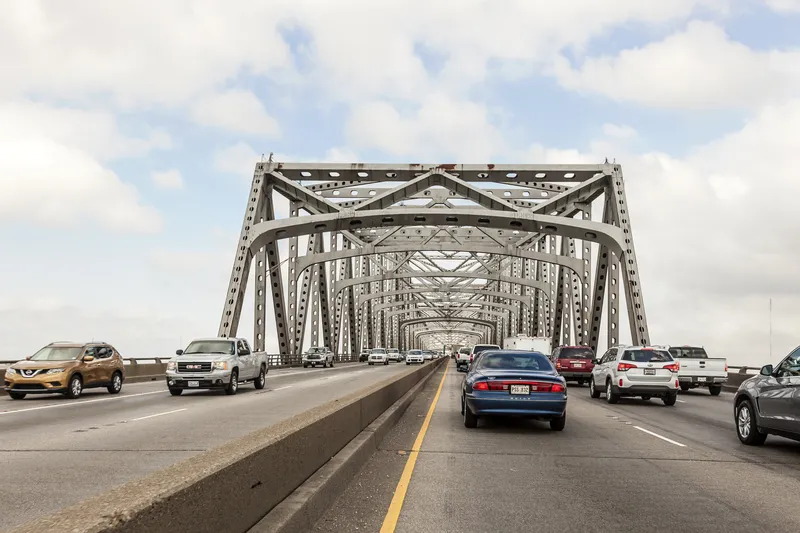
The US Federal Highway Administration (FHWA) has given International Road Dynamics (IRD) a $1.2m contract to provide Weigh in Motion (WiM) services in North America.
The deal is with the FHWA's Office of Infrastructure Research and Development, part of the US Department of Transportation, and involves a network of test sites on active highways.
IRD's 66-month deal will be to install, maintain and repair WiM systems at Long-Term Pavement Performance (LTPP) test sites across the US and Canada.
These essentially check that current roads are up to the job, collecting information on such areas as maintenance, distress, traffic and climate, so accurate data on classification and weight is significant.
IRD will verify that data from the 2,500 sites meets performance specifications for Type I WiM systems established by the American Society for Testing and Materials (ASTM) Standard E1318-09.
The company says that it will "provide the in-depth knowledge and expertise of the WIM equipment and the necessary industry technical resources that are not readily available in-house at FHWA".
IRD CEO Rish Malhotra added: "IRD’s WiM technology has been instrumental in ensuring the success of the LTPP programme since 2004 and is the basis on which we have built a long and trusted relationship with the USDoT.”











